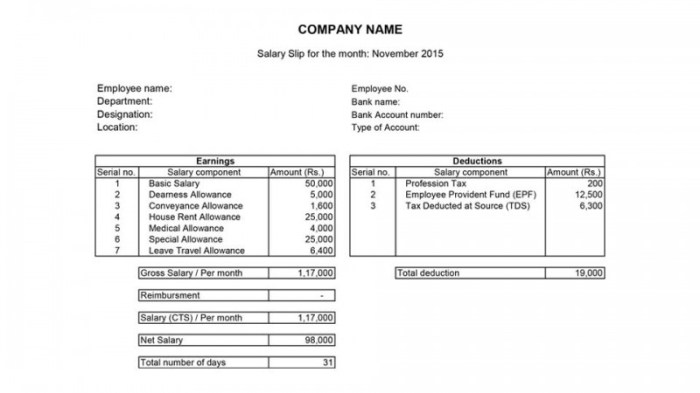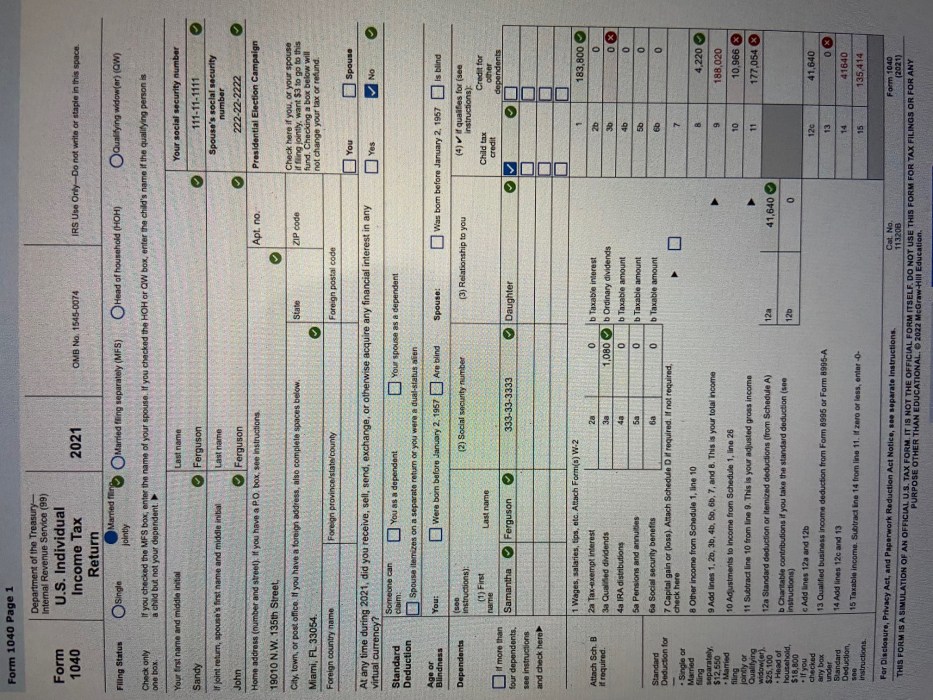Salary sueldo impuestos beneficio deuda delves into the intricacies of salary, taxes, benefits, debt, and salary negotiation, providing a comprehensive guide for navigating these crucial financial aspects.
This in-depth exploration examines the impact of taxes on take-home pay, the value of various employee benefits, the influence of debt on salary, and strategies for successful salary negotiations.
Salary and Taxes

Taxes can significantly impact take-home pay, affecting financial well-being. Understanding the different types of taxes and their implications is crucial for effective financial planning.
Types of Taxes
-
-*Income Tax
Levied on an individual’s earnings, including wages, salaries, and investments.
-*Social Security Tax
Deducted from earnings to fund retirement and disability benefits.
-*Medicare Tax
Contributed towards healthcare coverage for the elderly and disabled.
-*Property Tax
Assessed on real estate ownership, used to fund local services.
-*Sales Tax
Imposed on the purchase of goods and services.
Impact on Take-Home Pay
Taxes reduce gross salary, resulting in a lower take-home pay. The amount of taxes withheld depends on factors such as income level, filing status, and deductions. Understanding the tax brackets and deductions can help individuals minimize tax liability.
Strategies for Minimizing Tax Liability, Salary sueldo impuestos beneficio deuda
-
-*Maximize Deductions
Contribute to retirement accounts, such as 401(k) or IRAs, which reduce taxable income.
-*Utilize Tax Credits
Certain expenses, such as education costs or child care, may qualify for tax credits that directly reduce tax liability.
-*Consider Tax-Advantaged Investments
Invest in tax-free or tax-deferred accounts, such as municipal bonds or annuities, to reduce overall tax burden.
Salary and Benefits

Employee benefits supplement salary and play a significant role in overall financial well-being. Understanding the various types of benefits and their value is essential for informed decision-making.
Types of Benefits
-
-*Health Insurance
Covers medical expenses, including doctor visits, hospital stays, and prescription drugs.
-*Retirement Plans
Contributions made by employers and/or employees towards retirement savings.
-*Paid Time Off
Includes vacation, sick leave, and personal days, allowing employees to take time away from work.
-*Employee Assistance Programs
Provide confidential support and counseling services for employees and their families.
-*Flexible Work Arrangements
Allow employees to work remotely or adjust their schedules, enhancing work-life balance.
Value of Benefits Packages
The value of a benefits package depends on the specific benefits offered and the individual’s needs. Health insurance, for example, can provide significant financial protection against medical expenses. Retirement plans help secure financial stability in later years.
Contribution to Financial Well-Being
Benefits contribute to financial well-being by:
-
-*Reducing Healthcare Costs
Health insurance covers medical expenses, reducing the financial burden on employees.
-*Securing Retirement
Retirement plans provide a source of income during retirement, ensuring financial stability.
-*Promoting Work-Life Balance
Paid time off and flexible work arrangements allow employees to balance work and personal responsibilities.
Salary and Debt: Salary Sueldo Impuestos Beneficio Deuda
Debt can have a significant impact on salary, affecting financial stability and overall well-being. Managing debt effectively is crucial for financial health.
Impact of Debt on Salary
-
-*Debt Repayment
Debt payments, such as mortgage or car loans, reduce disposable income.
-*Reduced Savings
High debt levels can limit savings, making it difficult to build financial security.
-*Credit Score Damage
Missed or late debt payments can negatively impact credit scores, making it harder to qualify for loans or lower interest rates.
Strategies for Managing Debt
-
-*Create a Budget
Track income and expenses to identify areas where spending can be reduced or debt payments can be increased.
-*Prioritize High-Interest Debt
Focus on paying off debts with the highest interest rates first to minimize interest charges.
-*Consider Debt Consolidation
Combine multiple debts into a single loan with a lower interest rate, reducing monthly payments.
-*Seek Professional Help
If struggling to manage debt, consider consulting a credit counselor or financial advisor for guidance.
Importance of Budgeting and Financial Planning
Budgeting and financial planning are essential for effective debt management. By creating a budget, individuals can control spending, allocate funds for debt repayment, and track progress towards financial goals.
Salary Negotiation

Salary negotiation is a crucial skill for maximizing earning potential. Understanding key factors and employing effective strategies can lead to successful outcomes.
Key Factors to Consider
-
-*Market Value
Research industry benchmarks and compare salaries for similar positions in the same geographic area.
-*Experience and Skills
Highlight relevant experience, skills, and accomplishments that justify a higher salary.
-*Company Budget
Be aware of the company’s financial situation and budget constraints.
-*Negotiation Skills
Develop strong negotiation skills, including the ability to articulate value, compromise, and build rapport.
Tips for Successful Negotiation
-
-*Prepare Thoroughly
Gather data on market value, company financials, and your own experience.
-*State Your Expectations Clearly
Communicate your desired salary range with confidence.
-*Be Willing to Compromise
Negotiation often involves finding a mutually acceptable solution.
-*Focus on Value
Emphasize how your skills and experience can benefit the company.
-*Be Patient and Persistent
Salary negotiations can take time and effort. Stay patient and persistent in pursuing your goals.
FAQ
What are the most common types of taxes that affect salary?
Income tax, social security tax, and Medicare tax are the most common types of taxes that affect salary.
How can I minimize my tax liability?
There are various strategies for minimizing tax liability, such as maximizing tax-deductible contributions, utilizing tax credits, and exploring tax-advantaged investment options.
What are the different types of employee benefits?
Employee benefits can include health insurance, dental insurance, vision insurance, paid time off, retirement plans, and stock options.
How can I negotiate a higher salary?
To negotiate a higher salary, it is important to research industry benchmarks, prepare thoroughly, and be confident in your worth.
